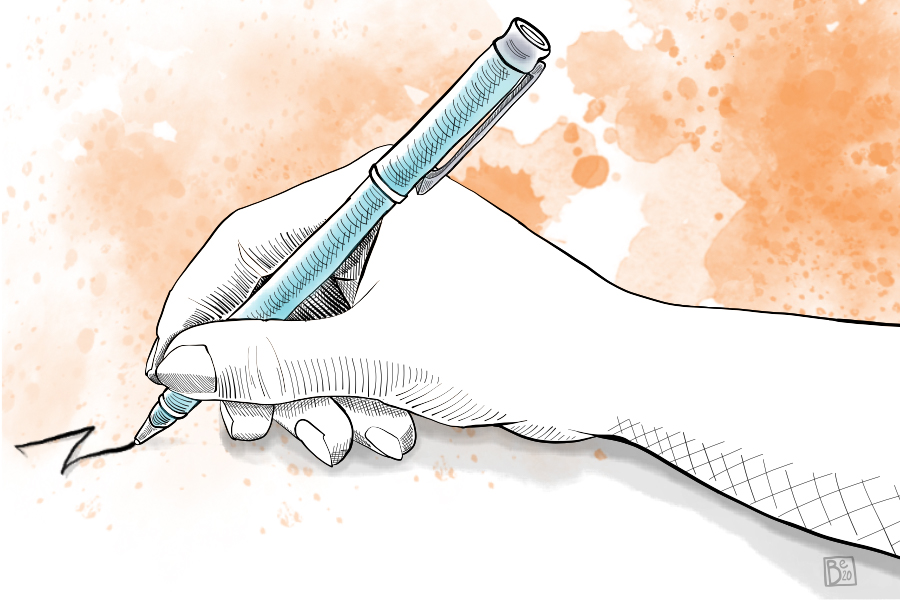
Illustration by Be Boggs.

Illustration by Be Boggs.
More than three decades after South Korea’s democratic transition, we thought we had consolidated our democratic progress. We imagined that our democracy was strong and would grow stronger.
We are learning we were wrong.
We are learning that our achievements in institutionalizing democracy are weak because they were achieved in a top-down way, enacted by a president or other politicians. Our everyday, ordinary cultural behavior is not supportive of democracy. Nepotistic practices and arbitrary decision-making persist in our society.
As we approach the April 10 congressional elections here, Korea is seeing huge backlashes …
Regular presidential elections should have taken place in Ukraine this month.
But on day one of Russia’s full-scale invasion of our country, Ukraine’s government introduced martial law, under which …
In 2013, when I was 13, one of the oldest comedy TV programs in Russia released a sketch in which a group of musicians performed a version of Queen’s “I …
In December 2023, Russian President Vladimir Putin officially announced his candidacy for the 2024 presidential election. It had long been clear that he had plans to aim for his fifth …
President Suharto’s New Order regime was a dictatorship in which he often liked to refer to the Indonesian nation as a “family” with himself at the helm—a patriarchal …
The absence of art in Indonesia’s presidential election has been noticeable.
Back in 2014, when Joko Widodo—known as Jokowi—campaigned to become the seventh president of this republic, …
Send A Letter To the Editors